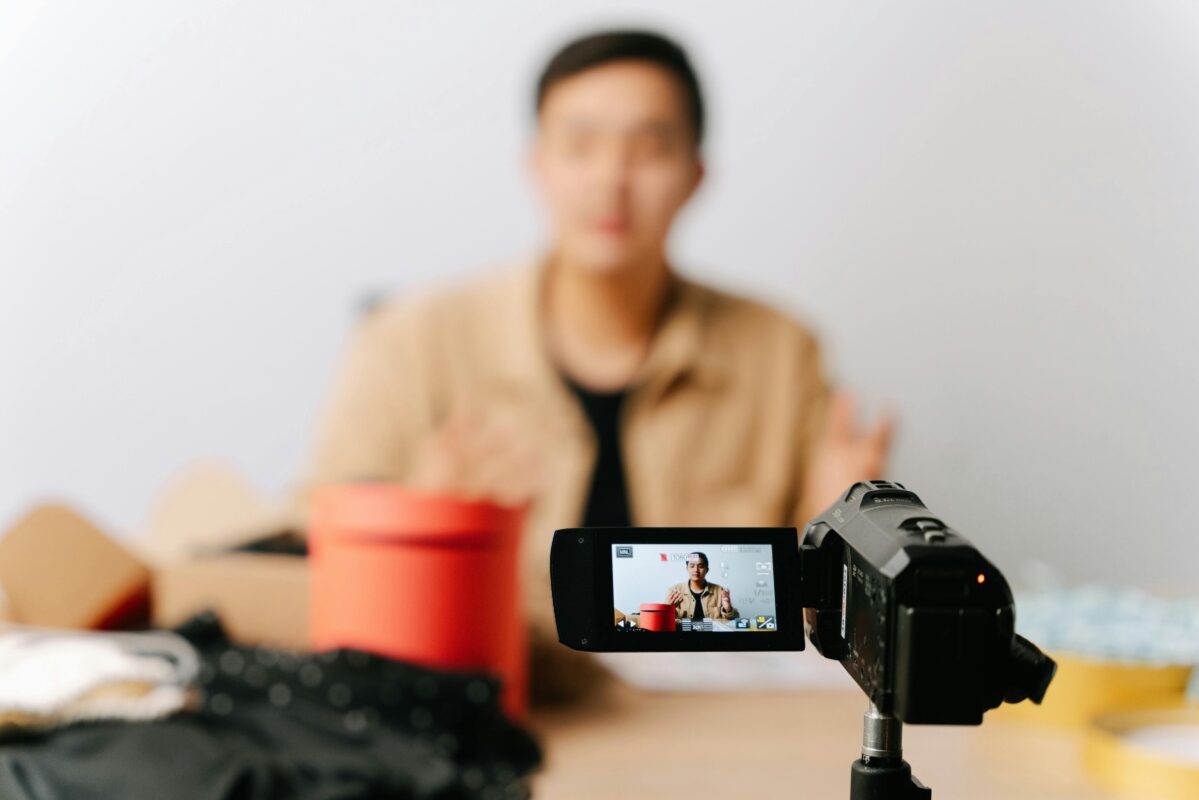How to Copyright Your Digital Content in India – A Complete Legal Guide for YouTubers, Bloggers & Influencers
Protect your creative work — videos, blogs, reels, podcasts — under Indian Copyright Law with this complete, practical guide by RegistrationMART.
Introduction
Are you a YouTuber creating videos every week?
A Blogger writing original articles?
An Influencer posting reels, music, or visual art?
Or a Podcaster sharing your voice with the world?
Then your digital content is your intellectual property, and it deserves legal protection.
In this age of mass content consumption and viral sharing, unauthorized reuse, copying, remixing, and theft have become common. What many creators don’t know is — Indian Copyright Law already protects your work automatically… but only to an extent.
At RegistrationMART, with 10+ years of experience in legal registrations and IP protection, we help content creators across India secure copyright over their original work, understand legal remedies, and protect their monetization rights.
This article is your one-stop copyright guide tailored for India’s vibrant content creator community.
What is Copyright for Content Creators?
Copyright is the exclusive legal right given to the author or creator of original work, to reproduce, publish, distribute, perform, and monetize that work.
Under Indian law (Copyright Act, 1957), you can copyright:
- Videos (YouTube, Shorts, Documentaries)
- Audio (Podcasts, Music)
- Writings (Blogs, Articles, Ebooks)
- Photos and Graphics
- Reels, Posts & Stories (if original and creative)
- Scripts, Lyrics, Poetry, Interviews
- Animations and VFX
✅ Good news: Copyright exists automatically as soon as your original content is created and “fixed” in a medium (text, video, audio, etc.).
But to enforce it legally, you need to register your copyright officially — especially when you want to issue takedowns, claim ownership, license, or sue for infringement.
Legal Foundation
| Legal Basis | Description |
|---|---|
| Copyright Act, 1957 | Primary law governing ownership and protection |
| Section 13 | Lists eligible types of works |
| Section 14 | Defines owner’s rights (reproduce, distribute, adapt, etc.) |
| IT Act, 2000 | Covers digital content and cyber offenses |
| Berne Convention | India’s membership ensures global copyright recognition |
| YouTube Copyright Policy | Based on DMCA (US law) + Indian provisions |
Who Owns the Copyright?
| Scenario | Owner |
|---|---|
| Self-created content | You (the creator) |
| Hired editor/scriptwriter | Depends on agreement |
| Collaborations | Joint copyright unless assigned |
| Brand-sponsored content | Depends on contract terms |
| Freelance/agency work | Agency owns unless assigned |
| UGC content by fans | Fan owns unless transferred |
Rights Granted to You as a Creator
- Right to reproduce your work in any format
- Right to distribute publicly
- Right to communicate through broadcasting or streaming
- Right to license your work
- Right to adapt/remix into other formats
- Right to sue for infringement
🔒 No one can copy, remix, or repost your content without permission.
How to Officially Register Your Copyright (Step-by-Step)
- Collect Required Documents: Content sample, ID proof, NOC, Declaration (Form XIV)
- Visit the Copyright Office Portal: https://copyright.gov.in
- Fill the Application: Choose correct category (Literary/Artistic/Musical/Cinematographic), upload your work
- Pay Govt. Fee: ₹500–₹2000 depending on category
- Receive Diary Number: Wait 30 days for objections, then certificate issued
Time to Register: 2–4 months • Result: Legal certificate of ownership, admissible in court.
Common Myths Debunked
| Myth | Reality |
|---|---|
| “If I post on Instagram, it’s automatically copyrighted” | Partially true — enforcement still needs registration |
| “If I credit the author, I can use it” | ❌ Not always — permission is required |
| “Free content = public domain” | ❌ Not unless explicitly licensed |
| “5 seconds of music is fair use” | ❌ Not always under Indian law |
| “AI-generated content is safe” | ❌ Ownership of AI work is still evolving |
YouTube & Instagram Copyright Tips
- YouTube: Use Content ID, file strikes, and license audio.
- Instagram: Get permissions, watermark your visuals, use licensed music only.
What If Someone Steals Your Content?
Option 1: Takedown Notice (DMCA) – File via platform form, attach ownership proof.
Option 2: Legal Action – Send Cease & Desist notice, file civil suit or criminal complaint (Sec. 63 – up to 3 years jail + ₹2 lakh fine).
Real-World Examples
Case 1: YouTuber’s format copied by TV channel – RegistrationMART filed copyright, issued legal notice → settled out of court.
Case 2: Instagram influencer’s reel used in ad – Registered copyright helped claim damages + DMCA takedown.
Tips to Protect Your Content
- Add watermark or signature
- Maintain original file evidence
- Use ownership clauses in collaborations
- Register major content officially
- Keep drafts/timestamps as proof
Copyright vs Trademark
| Feature | Copyright | Trademark |
|---|---|---|
| What it protects | Creative works | Brand name/logo |
| Example | Videos, blogs, music | Channel name, handle |
| Duration | Life + 60 years | 10 years (renewable) |
| Cost | ₹500–₹2000 | ₹4,500–₹9,000 |
Why RegistrationMART?
- 10+ Years of Experience
- Copyright + Trademark + Legal Drafting
- Support for Freelancers, YouTubers, Influencers
- Fast Online Processing
- Affordable Creator Packages
- 1000+ Successful IP Registrations
Conclusion
You’ve spent hours scripting, recording, editing, or writing — don’t let others profit from your work without consent. With copyright law on your side, you can protect, control, and monetize your creativity.
At RegistrationMART, we don’t just file forms — we empower creators to own their digital identity legally.

